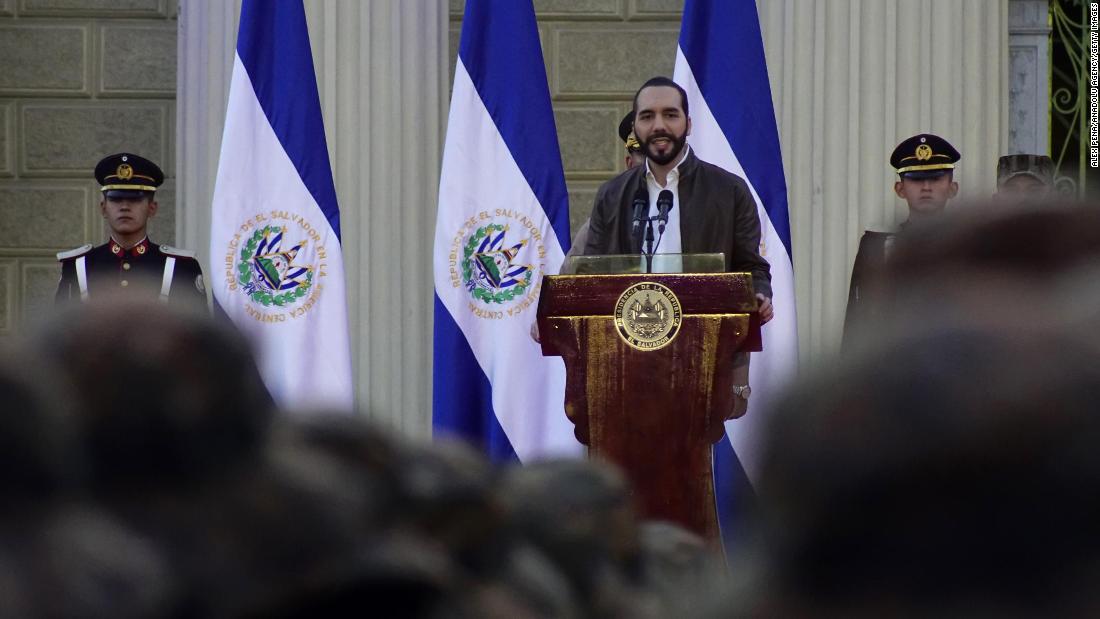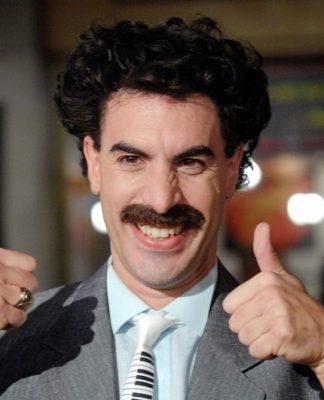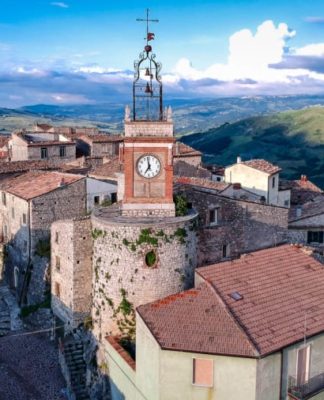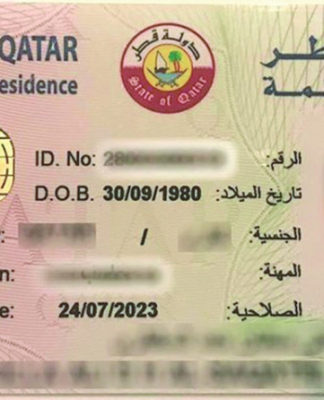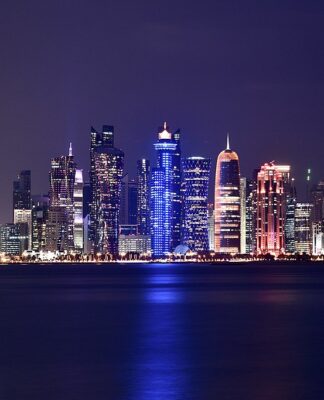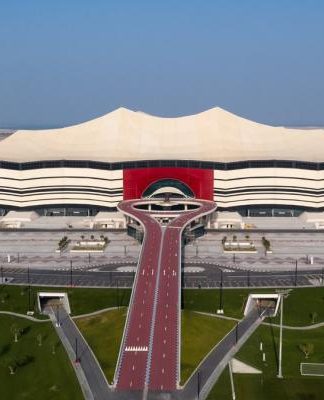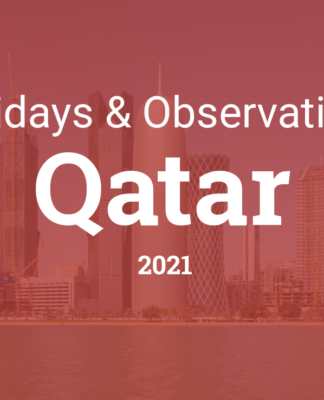
Nayib Bukele on February 18, 2020 in San Salvador.
(CNN)Few world leaders have generated as much criticism and praise, often at the same time, for their handling of the coronavirus pandemic as El Salvador’s Nayib Bukele.
Even though Bukele had been president for less than a year, in March he took the dramatic step of closing his country’s border even before El Salvador reported a single case of coronavirus, arguing that the small Central American nation had to get ahead of the outbreak.
Some Salvadorans praise him for taking decisive action that may have saved his small Central American nation from the worst impacts of the coronavirus. Others say he is becoming a strongman who is violating his own country’s constitution, most recently as he spars with the Supreme Court and National Assembly about how soon El Salvador will reopen.
That Bukele, 38, is in the office at all is still something of a surprise for many Salvadorans.
He is the first president since the end of the Salvadoran civil war in 1992 not to belong to either of the country’s two major political parties.
Bukele’s paternal grandparents were Palestinian immigrants to El Salvador and he ran for president as social media savvy, motorcycle jacket wearing, the millennial outsider who would shake things up in a nation worn down by endless corruption and horrific gang violence.
“Bukele is very focused on getting done what he believes needs to get done, and has little patience for his critics, or for the institutions that oppose, slow, or limit his ability to act,” said Geoff Thale, president of the Washington Office on Latin America, in an email interview with CNN.
“He’s used social media to attack his critics, including journalists. He’s repeatedly attacked the National Assembly- which is dominated by the two traditional political parties, which are hostile to him.”
Prowess on social media
With nearly two million Twitter followers and polls that often show more than a 90 percent approval rating, Bukele has broken the traditional mold for politicians in his country and generated international attention.
In 2019, he acknowledged his country bore responsibility for the conditions that caused migrants to flee after the drowning deaths of a Salvadoran father and two-year-old daughter on the banks of the Rio Grande.
Ahead of making his first speech at the United Nations General Assembly in September, Bukele asked the audience to wait and first snapped a selfie, which he later said would have more impact than his prepared remarks.
But before the coronavirus outbreak, some critics in El Salvador warned that Bukele’s disruptive style was increasingly eroding the separation of powers and threatening the country’s fragile democracy.
At odds with the National Assembly
In February, as Bukele demanded the country’s lawmakers approve a request for $109 million loan to better equip police and soldiers, heavily armed troops marched into the National Assembly on his orders, which many in El Salvador saw as a blatant attempt to intimidate and a return to the era when political violence dominated the country.
The National Assembly rejected the pressure campaign and the incident hurt Bukele’s image abroad, although the Trump administration, which considers Bukele an ally on immigration and on its Venezuela strategy, did not condemn his actions.














